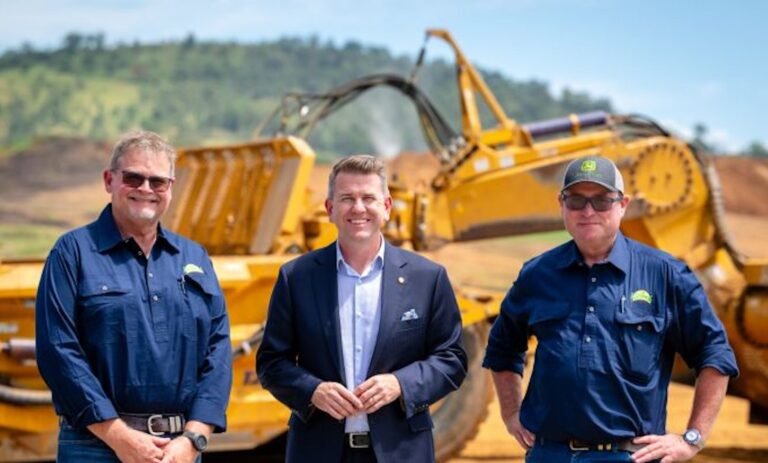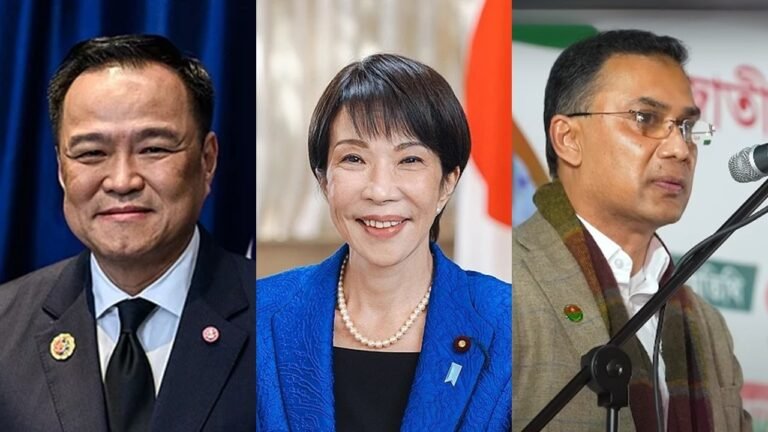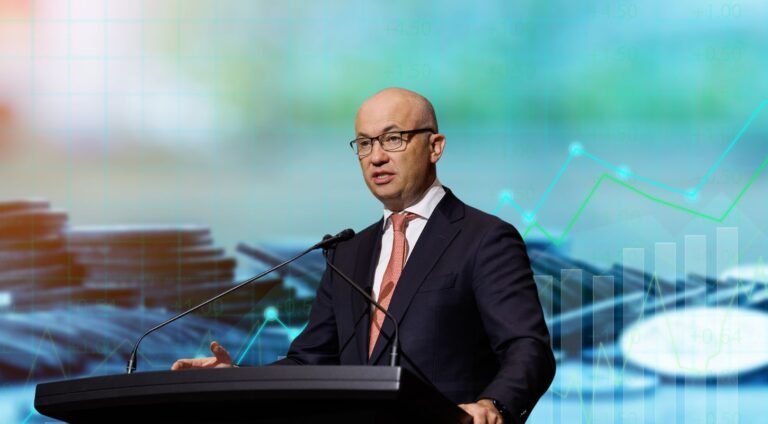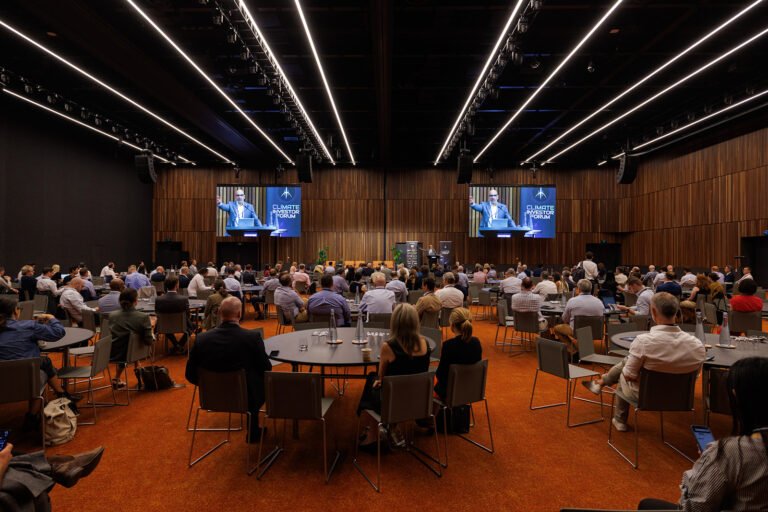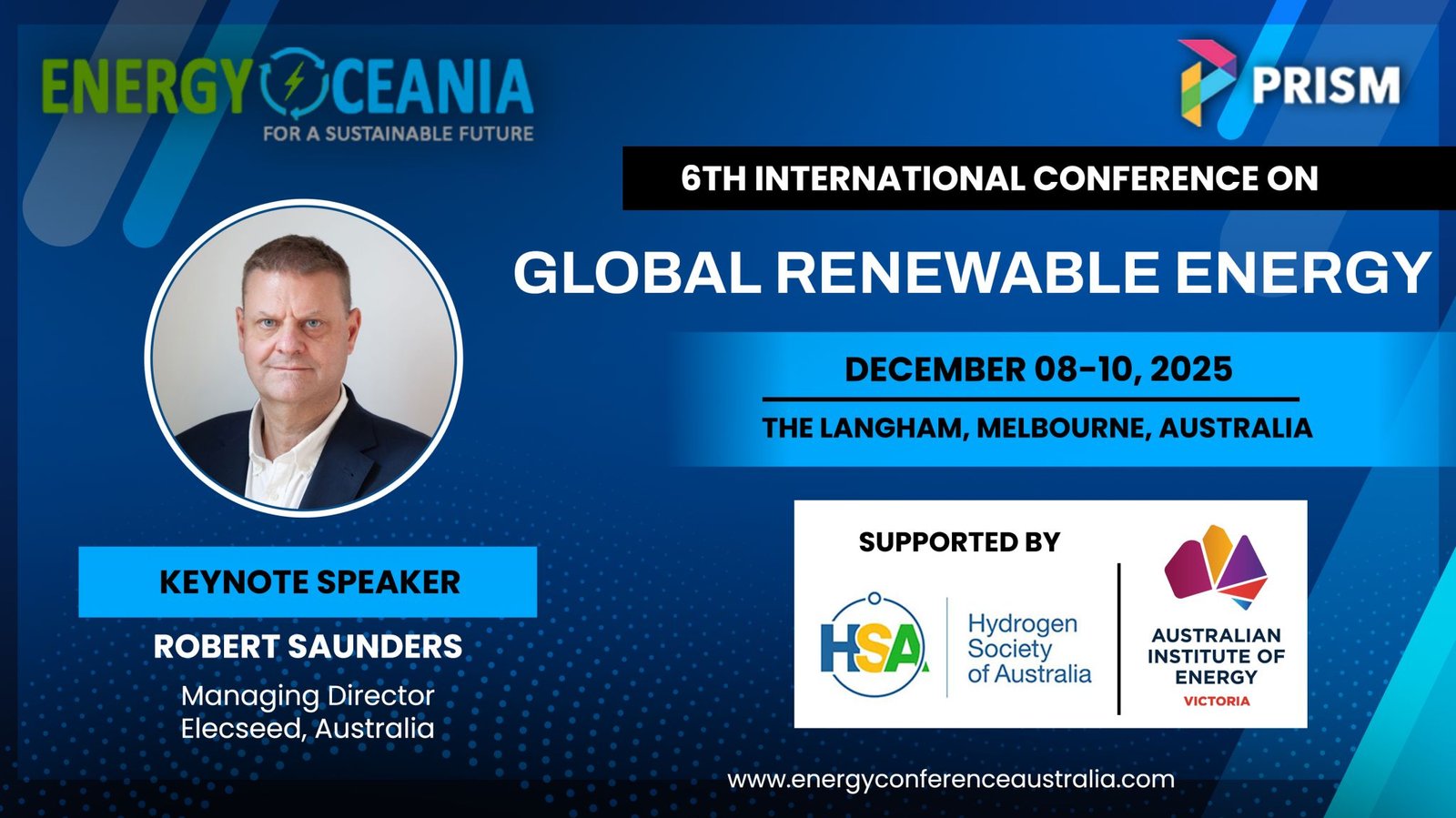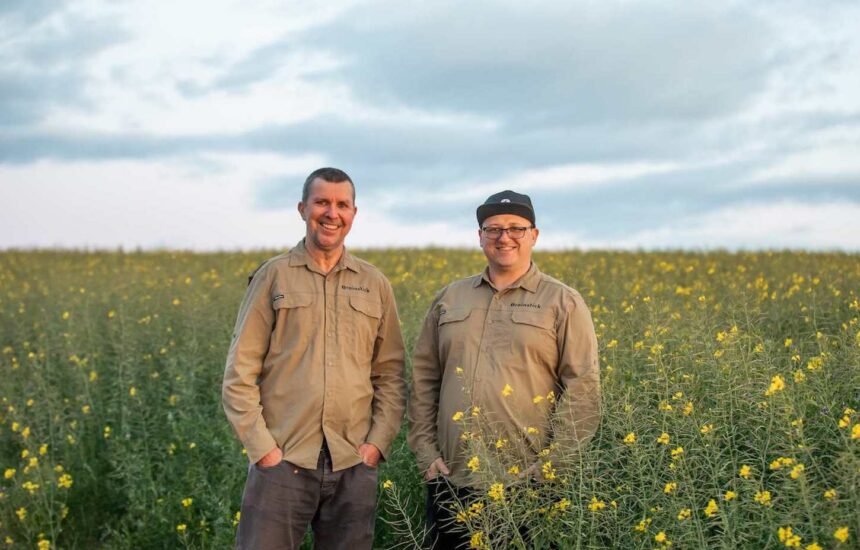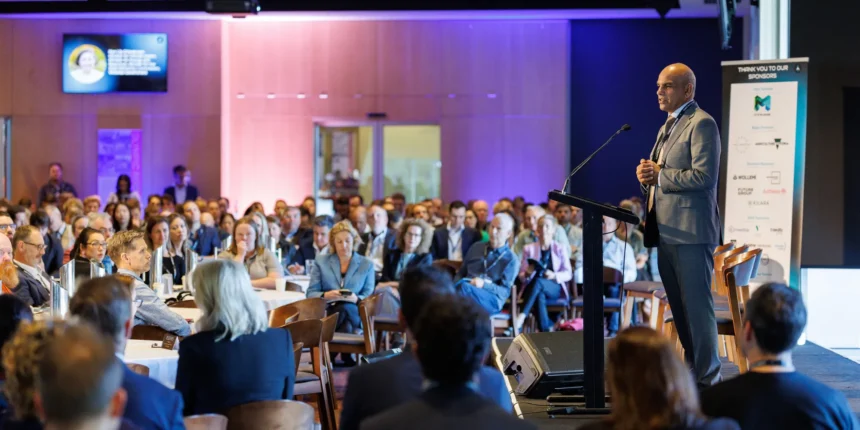Sarawak Premier Abang Johari Openg at the Asean-Australian Business Forum This Week
Sarawak is keen to explore new opportunities of investments and innovations with Australia in aerospace and green energy transitions. Johari mentioned that while collaborations with Australia on green energy projects, including hydrogen energy, are still in the early phases, the outlook is promising, indicating that Sarawak is making significant strides. He also highlighted that Sarawak’s hydrogen production is currently ahead of Australia’s.
Sarawak and Australia have been strengthening their collaboration, particularly in the areas of green renewable energy, sustainable development and technology. These projects highlight Sarawak’s commitment to becoming a leader in green energy and sustainable development in the Asia-Pacific region.
Hydrogen Energy: Sarawak is working on hydrogen production projects, aiming to become a key producer and exporter of green hydrogen. The state has signed agreements with Japanese and South Korean companies to develop hydrogen production facilities in Bintulu, with a combined capacity of over 200,000 tonnes per year, expected to be operational by 2027.
Hydropower: Sarawak Energy, the state’s largest renewable energy developer, is focusing on sustainable hydropower. The Batang Ai, Bakun, and Murum hydropower plants provide clean and reliable electricity, supporting local industries and communities. The Baleh Dam, currently under construction, will add 1,285 MW to the grid by 2026.
Solar Energy: Sarawak aims to have solar energy account for 12% of its total capacity mix by 2030. This initiative is part of the state’s broader goal to achieve a 10-gigawatt renewable energy mix by 2030 and up to 15 GW by 2035.
Bio-energy: The state is exploring bio-energy projects, including biomass and biogas, to diversify its renewable energy sources.
Waste-to-Energy: Sarawak is investing in waste-to-energy technologies to convert waste materials into usable energy, contributing to a more sustainable waste management system.
Green Mobility and Energy Efficiency: The state is also focusing on green mobility solutions and energy efficiency measures to reduce its carbon footprint and promote sustainable development.
The Sarawakian delegate also witnessed the signing of a memorandum of understanding to develop more business deals between the Australia Malaysia Business Council (AMBC) and the Sarawak Australia Business Council (SABC), the only Malaysian state-dedicated Australian chamber.

In February 2024, Mandalay secured $26.74 million in committed capital,
with the Queensland Investment Corporation (QIC) as one of the investors.
Mandalay Venture Partners is a venture capital firm focused on investing in agrifood tech companies across Australia and Asia. Mandalay’s investments are aimed at supporting startups that can sustainably feed the world’s growing population while creating significant environmental and social impacts.
Speaking at a ASEAN panel, Mandalay Venture Capital managing director Mark Gustowski encouraged more Australian companies to take more calculated risks in Southeast Asia.
“For far too long, we’ve sat here and waited for ASEAN to come to us, and I hate to say that’s not going to happen. It doesn’t matter what you do, it’s not going to happen. It’s a bigger market over there.”
Mandalay Venture Partners has made investments in several Asian countries, focusing on agrifood tech startups.
Key countries where they are active:
Japan: Mandalay has invested in agrifood tech ventures that are driving innovation in the Japanese market
MALAYSIA AGRIFOOD TECH STARTUPS INVESTED BY MANDALAY ARE:
Cropify: This company has developed an advanced AI and machine learning platform to automate and digitize the grading of grains and pulses, enhancing efficiency and accuracy in the agricultural supply chain1.
Harvest B: A food technology company focused on creating affordable, nutritious proteins with a positive climate impact. Their goal is to provide sustainable protein alternatives that are both tasty and nutritious1.
Agscent: A livestock diagnostics company that has commercialized a handheld, non-invasive device capable of detecting pregnancy and disease from breath samples at the point of care1.
Naturo (Haelen): This company has developed a patented milk processing technology that increases protein bioavailability, improves tolerance, and extends shelf life, resulting in 100% fresh, natural milk with additional health benefits1.
FUL Foods: An ingredient company that has improved the taste, shelf-life, and functionality of Spirulina, making it more acceptable to consumers and enhancing its potential for human and climate health.





